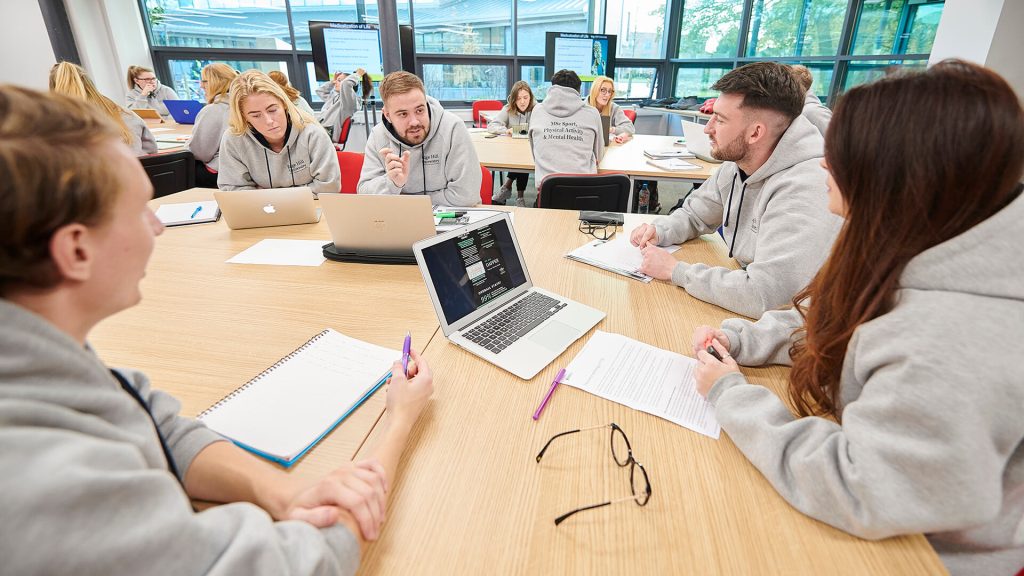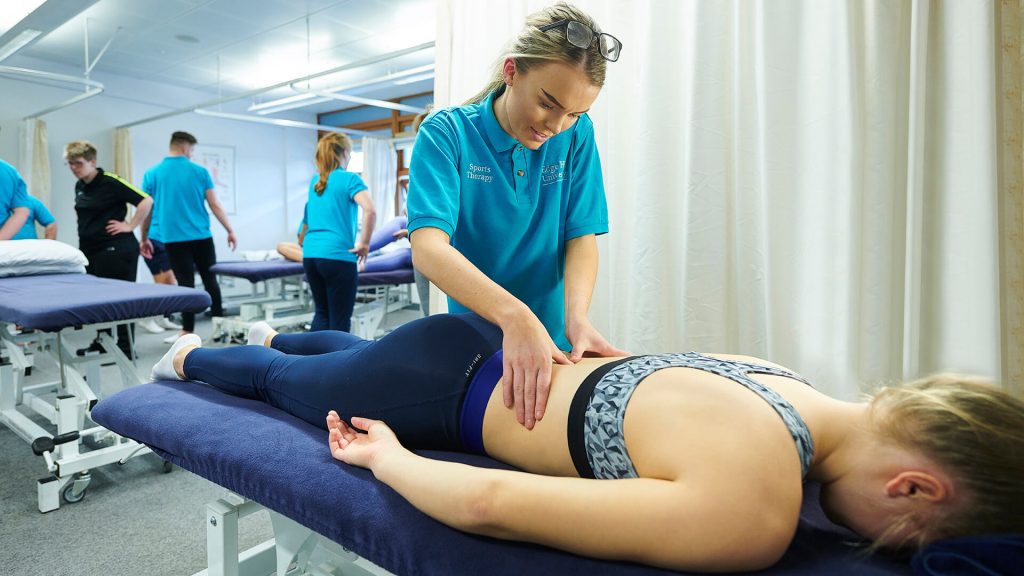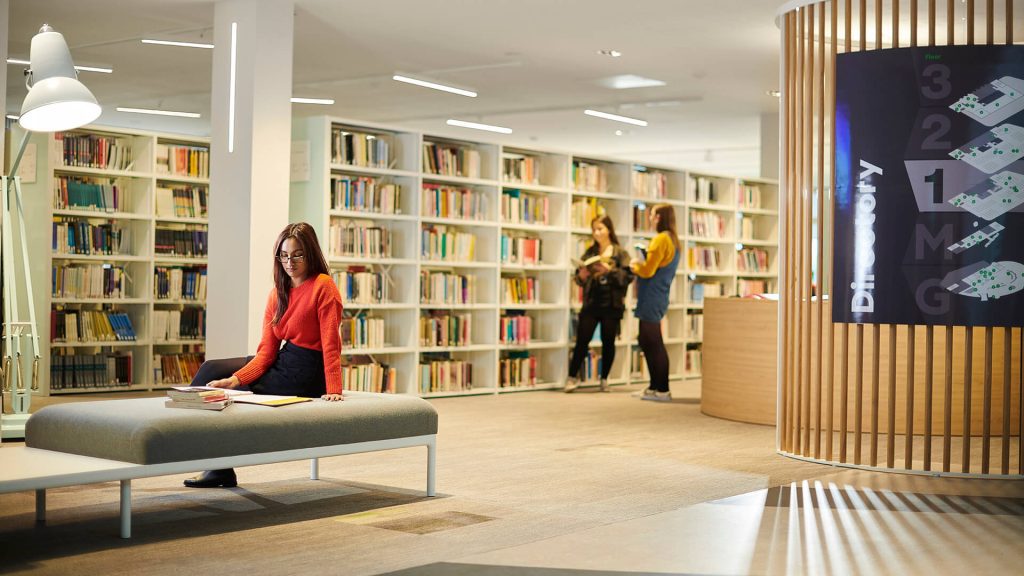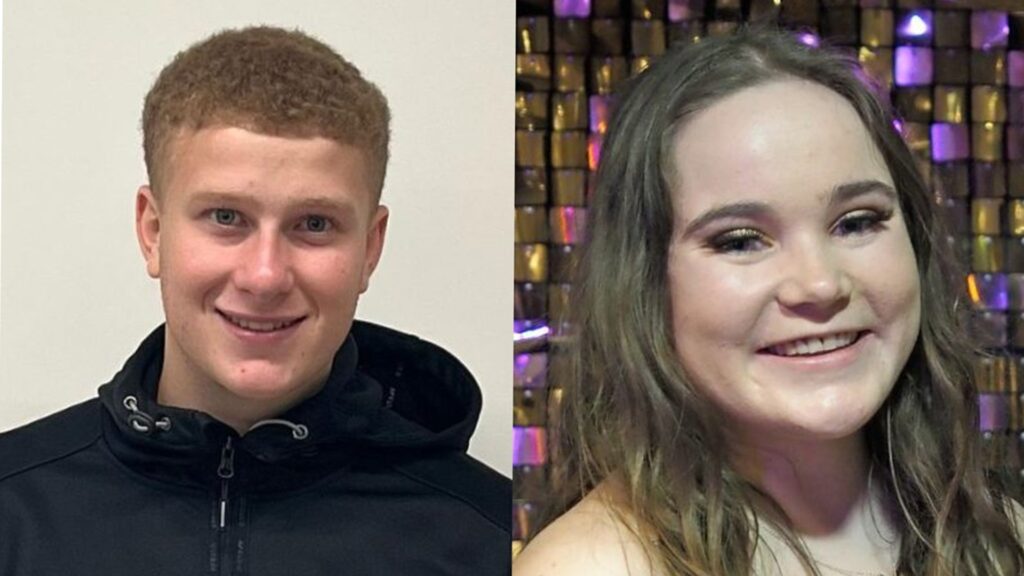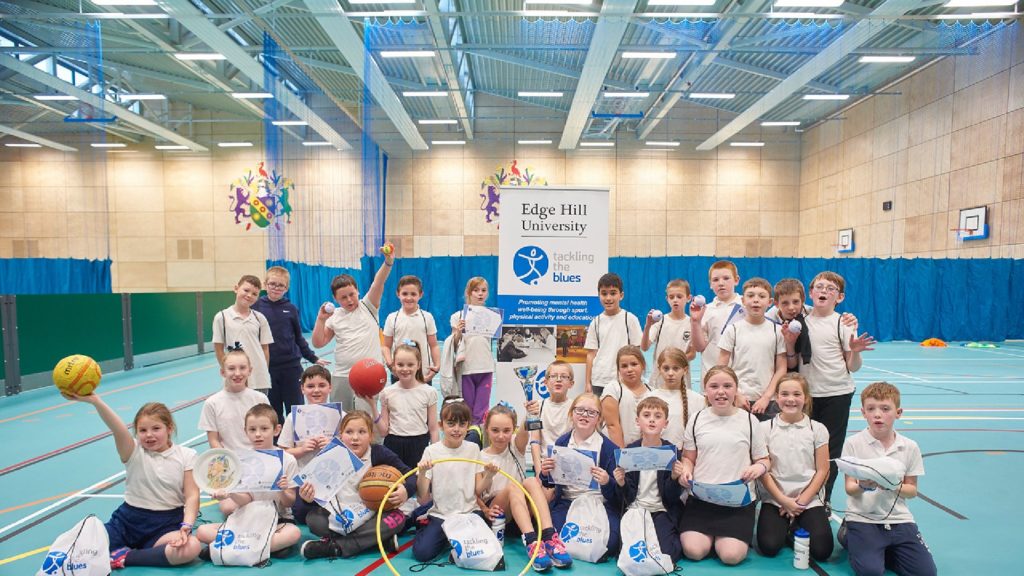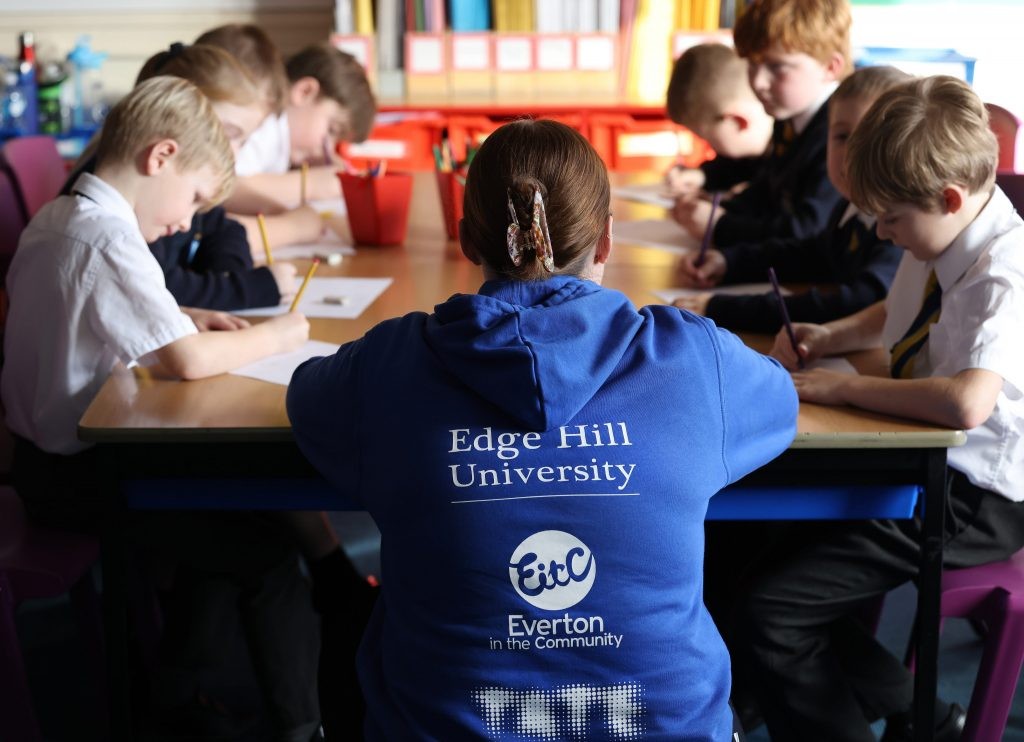Applied Sport & Exercise Science MSc
Coach or athlete? Sports support staff? Recent graduate in this area? Whatever your role, wherever you want your career to go next, boost your employability in sport and exercise science with real-world experience, research expertise and applied skills.
Overview
| Course length: | 1 year full-time 2 years part-time |
|---|---|
| Start dates: | September 2024 September 2025 |
| Location: | Edge Hill University |
| Subject(s): | Sport and Physical Activity |
| Faculty: | Arts and Sciences |
| Department: | Sport and Physical Activity |
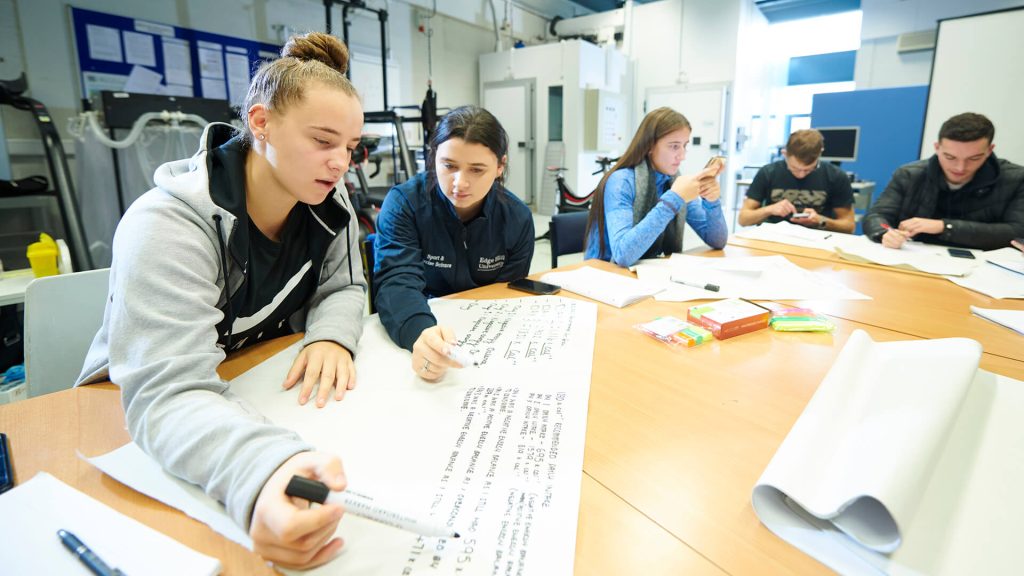
Designed for recent graduates and practitioners, our MSc Applied Sport & Exercise Science will help you explore the sciences underpinning performance. This course is a great match for anyone working in community or professional sport, including coaches, current and former athletes, and sports support staff.
Becoming confident in the lab is important, but we know it’s equally valuable to look at different factors in the real world. At Edge Hill University, you’ll benefit from our applied approach – carrying out a mix of lab and field-based activities. You’ll also learn how different disciplines share ideas to understand performance.
Boost your understanding of biomechanics, physiology and psychology in theory and practice. Hone transferable skills that support career development. Enhance your employability and show you’ve got the skills for the role you really want.
You’ll study a combination of core and optional sport and exercise science modules. This will help you combine knowledge and practical techniques with the opportunity to explore strength and conditioning, or mental health awareness in community or elite sports.
Course features
-
International students can apply
-
Professional practice placements
What you'll study
Your postgraduate study in applied sport & exercise science is all about improving your knowledge of theory while mastering practical skills. Benefit from placement opportunities and build your expertise in specialist research.
With optional modules, you can gear the course to your goals. Pick from strength and conditioning, mental health awareness in community sport, or mental health awareness for performance sport athletes.
Completing a research project will give you the chance to focus on what interests you. You might even get the opportunity to present your findings to academics, practitioners, and other representatives of relevant organisations in the field.
Where your course includes optional modules, these are to provide an element of choice within the course curriculum. The availability of optional modules may vary from year to year and will be subject to minimum student numbers being achieved. This means that the availability of specific optional modules cannot be guaranteed. Optional module selection may also be affected by timetabling requirements. Some restrictions on optional module choice or combinations of optional modules may apply.
How you'll study
The course takes a hands-on approach, with practical experience gained in our purpose-built and well-equipped laboratories. Teaching strategies include lectures, small group seminars, tutorials, workshops, taught practical sessions and ICT-based learning. In addition, there will be fieldwork, directed independent study, and supervised individual research. You can also gain experience of professional practice in sport and exercise science. For each module you will have a detailed booklet that tells you what sessions are about, what to read, how you will be assessed and coursework guidance.
How you'll be assessed
You will be assessed through a range of methods including essays, projects and lab reports, oral presentations, poster presentations, practical activity, portfolios and an independent research project.
Who will be teaching you
The Sport & Exercise Science team are highly experienced and enthusiastic and have a real commitment to teaching sport and exercise sciences. Dynamic, friendly and supportive of your individual needs, staff are actively involved in national and international research and publish on a regular basis in international, peer-reviewed journals. Staff also regularly undertake consultancy projects that influence the development of sport and exercise science on a regional and national basis and directly feed into the course.
Entry criteria
Entry requirements
You should have a degree equivalent to UK first-class or upper second-class honours (2:1 or above) in a relevant sports-related discipline. GCSE English Language and GCSE Mathematics at Grade C or Grade 4 or above (or equivalent) are also required.
Relevant professional qualifications and/or appropriate work experience will also be considered and assessed on an individual basis.
English language requirements
International students require IELTS 6.5, with a score no lower than 6.0 in each individual component, or an equivalent English language qualification.
If your current level of English is half a band, one band, or one-and-a-half bands lower, either overall or in one or two elements, you may want to consider our Pre-Sessional English course.
How to apply
There is an online application process for this course.
Please choose the application form for your preferred intake date and mode of study.
Please see our international student pages for further information about how to apply as a prospective international student.
Should you accept an offer of a place to study with us and formally enrol as a student, you will be subject to the provisions of the regulations, rules, codes, conditions and policies which apply to our students. These are available at www.edgehill.ac.uk/studentterms.
There’s plenty of opportunities to come take a look around campus. Attend one of our open days to see what life at Edge Hill University is all about.
Book an open day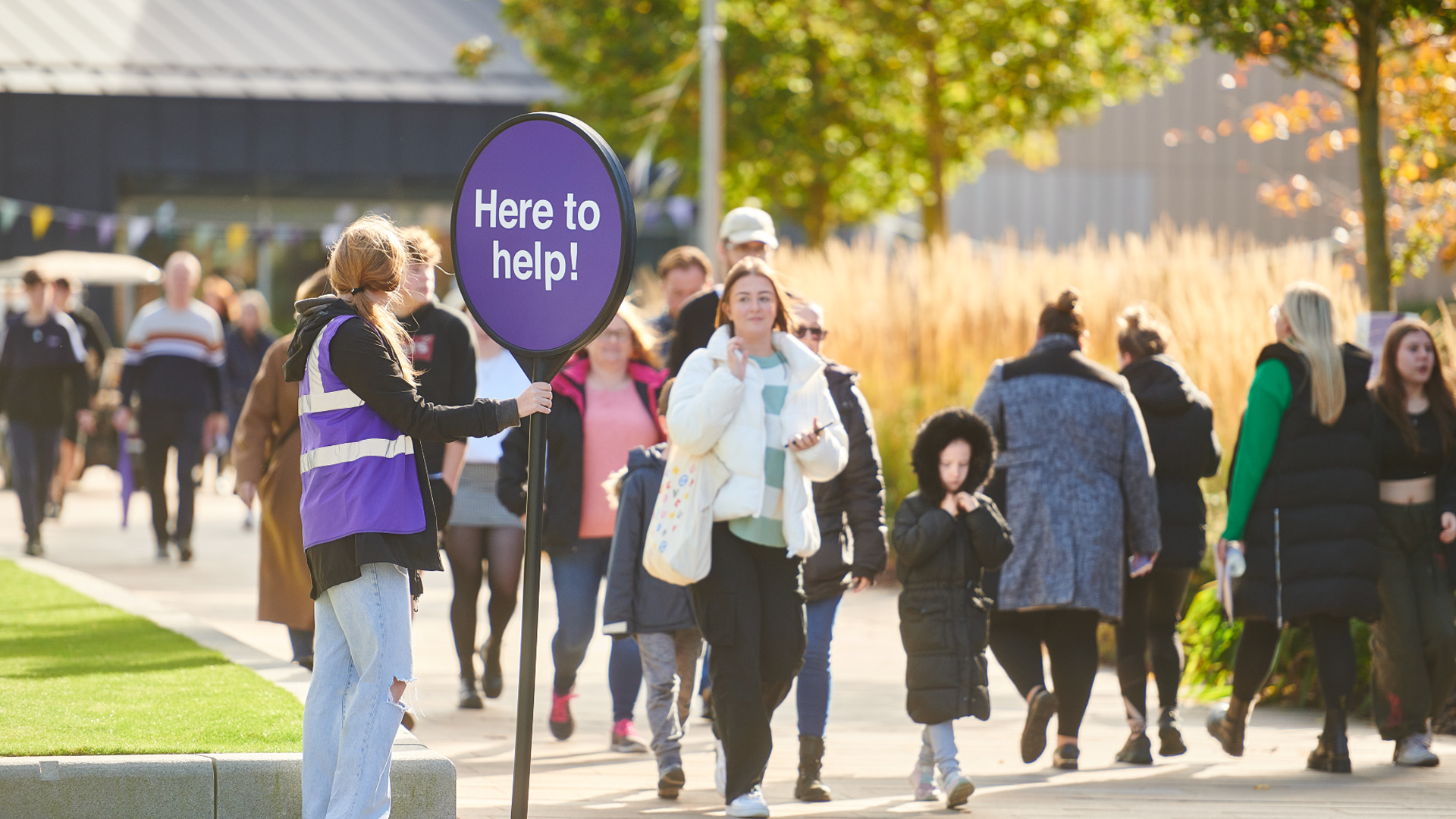
Facilities
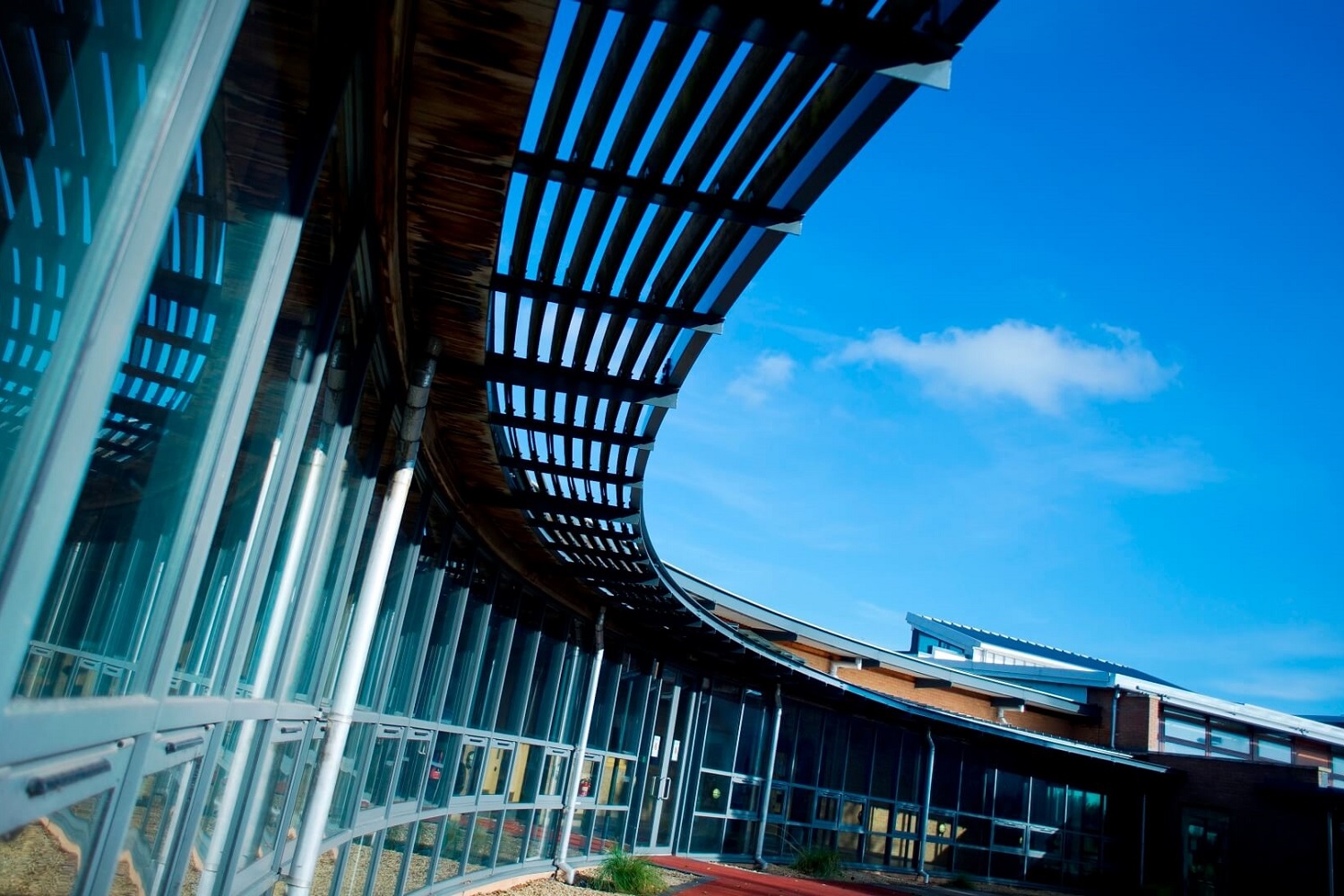 The Department of Sport and Physical Activity places a strong emphasis on practical work underpinned by outstanding facilities. There are dedicated laboratories in performance analysis, biomechanics, physiology, psychology, musculoskeletal, biochemistry, vision analysis, sleep, exercise and performance, and functional rehabilitation, as well as a sports therapy clinic.
The Department of Sport and Physical Activity places a strong emphasis on practical work underpinned by outstanding facilities. There are dedicated laboratories in performance analysis, biomechanics, physiology, psychology, musculoskeletal, biochemistry, vision analysis, sleep, exercise and performance, and functional rehabilitation, as well as a sports therapy clinic.
Extensive use is also made of the on-campus leisure facilities which include top-of-the-range 3G football and rugby pitches, hockey pitches, tennis courts, competition-standard athletics track and an athletics field. Our sports centre boasts a 25-metre swimming pool, double sports hall for badminton, basketball, netball and squash, a 100-station fitness suite, aerobics studio and a health suite with sauna and steam rooms.
Where you'll study
Wilson Centre
Sports Centre
Learning resources
The biochemistry laboratory enables you to collect and accurately analyse a wide range of metabolites, using the latest technology, to determine the physiological responses of athletes and others, to a variety of exercise stresses such as running, cycling and rowing.
Additional learning resources include high quality eye-tracking systems in a specialist vision analysis laboratory where you can measure hand-eye coordination, ocular-motor control, reaction times, cognition and other mechanisms associated with visual perception.
Musculoskeletal assessment tools combine with a dedicated strength and conditioning area in our MSk laboratory, while in the Sleep, Exercise and Performance laboratory you can measure the responses of individuals to sleep, sleep deprivation and changes in the circadian rhythms of a variety of biological processes.
Finance
Tuition fees
UK Full-Time
£9,000
for the course
UK Part-Time
£50 per credit
for 180 credits
International
£16,500
for the course
EU/EEA and Swiss students who have settled or pre-settled status under the EU Settlement Scheme, as well as Irish nationals, may be eligible for the UK tuition fee rate.
Financial support
Please view the relevant Money Matters guide for comprehensive information about the financial support available to eligible UK students joining postgraduate courses at Edge Hill University.
EU/EEA and Swiss students who have settled or pre-settled status under the EU Settlement Scheme may be eligible to apply for financial support. Irish nationals can ordinarily apply to Student Universal Support Ireland (SUSI). If you are an EU student who does not have settled or pre-settled status, or are an international student from a non-EU country, please see our international student finance pages.
Your future career
What jobs can you get after studying sports and exercise science? Armed with our MSc Applied Sport & Exercise Science, you’ll be ready for a range of roles in the health and fitness industry including:
- personal trainers
- fitness and health consultants
- the GP referral scheme
- physical activity programme coordinators
Specialised sports science support and performance managers are increasingly being sought by universities and commercial ventures too.
Alternatively, you could work in applied sports sciences for national governing bodies of sport or the British Olympic Associates.
Course changes
Every effort has been made to ensure the accuracy of this information, however our courses are subject to ongoing review and development. Changing circumstances may necessitate alteration to, or the cancellation of, courses.
Changes may be necessary to comply with the requirements of professional bodies, revisions to subject benchmarks statements, to keep courses updated and contemporary, or as a result of student feedback. We reserve the right to make variations if we consider such action to be necessary or in the best interests of students.
